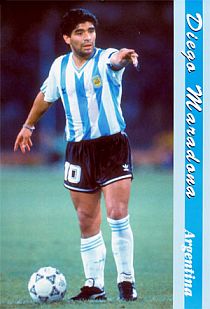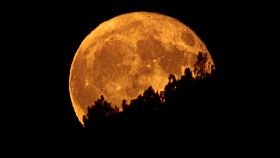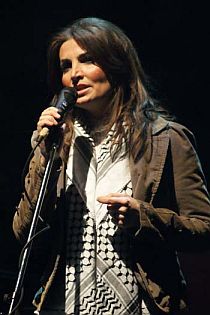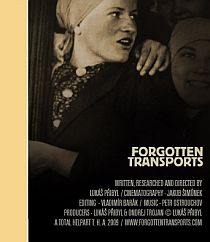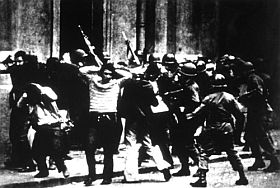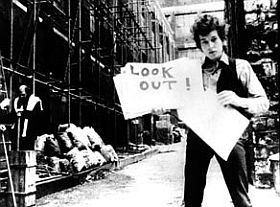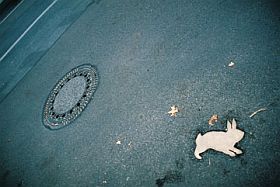Patricio Guzman in Damascus. The great director behind the film historical classic ”The Battle of Chile” from the beginning of the 1970’es met the audience of young wannabee filmmakers and older people, who remember the dramatic period where the government of Salvador Allende and ”la pouvoir populaire”, as the French speaking director put it, tried to unite the Left and introduce democracy in Chile. We all know how that went. A quote from the site of Guzman:
In 1973 he films “The Battle of Chile”, a 5-hour documentary on the end of Allende’s government. After the military coup, Guzmán is threatened to be executed and spends two weeks arrested inside the national stadium, unable to communicate his whereabouts to anyone. He leaves the country in November 1973. He lives in Cuba, Spain and then France, where he makes “In the Name of God” (Grand Prize, Festival of Popoli, 1987), “The Southern Cross” (Grand Prize, Festival Vue Sur les Docs, Marseille, 1992), “Chile, Obstinate Memory” (Grand Prize Festival of Tel Aviv, 1999), “The Pinochet Case” (International Critic’s Week, Cannes, 2002), and “Salvador Allende” (Official Selection, Cannes, 2004). In 2005, he makes “My Jules Verne”.
About ”The Battle of Chile” Guzman said that it is a film on words. It is a film on the quality of the politics of the people from the base – the working class. The five hour long film had an editing time of three years. Cuban film people came to watch at the edting room and said that they had never seen such a high political culture. The films deals with the period from 1970 and to the military coup and is about ”le pouvoir populaire”. Guzman referred to the East german political filmmakers, who were filming in Chile at the time, Heynowski & Scheumann, and told that their cameraman filmed the bombing of the presidential palace, whereas Pedro Chaskel, the editor of Guzman, filmed the flight over the palace. The two teams exchanged footage… for buying dvd’s of the films, consult the site of Guzman.
http://www.dox-box.org/new/
http://www.patricioguzman.com/index.php?lng=en



